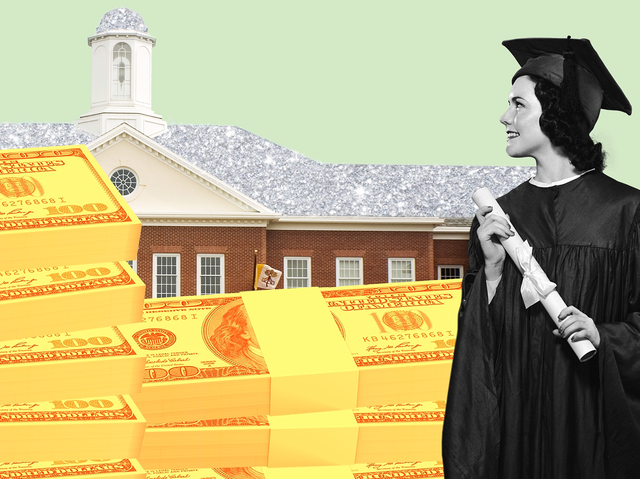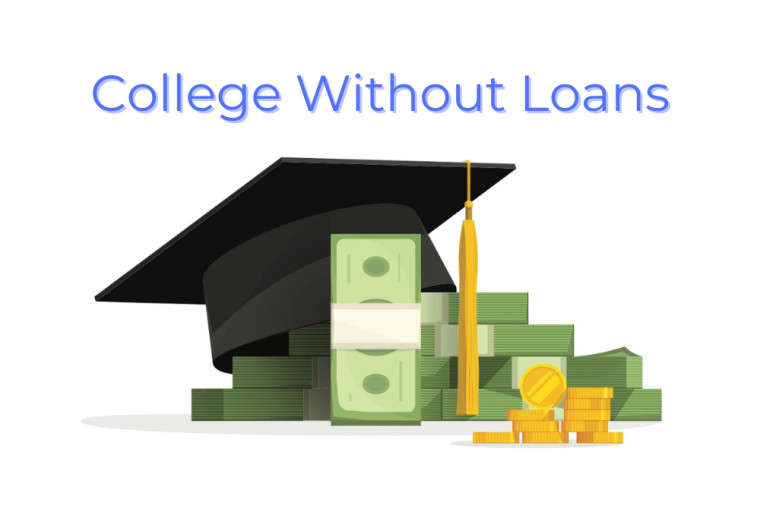The only greatest factor that affects the amount of interest that is applied to your loan is your credit score. If your credit score is over 750, you will pay a lot less interest than if your score is lower than 650. Increasing your credit score by 100 points will result in less interest to be paid which means more money will be used to pay the principle and you will be able to get out of debt more quickly.
To understand more about how this credit score works, I will list down a few points below about one factor that can greatly impact your score — your student loan. Now here are some commonly unknown facts about how your student loan actually affects your credit score:
Student loans in most cases report to your credit report in triplicate
With any type of loan that you owe, you will be shown the maximum credit, the outstanding balance and your payment history. The total amount of outstanding balances of your loan will be taken into consideration by the credit scores. The more you owe, the lower the score.
With student loans, however, it is a little bit more complicated than that. Student loans almost always report to your credit score in triplicate. If you only have $15,000 in student loan debt, your credit score will show as if you owed three times as much, $45,000! This will not only greatly lower your credit score but it will also have a huge impact on the interest that you have to pay.
Most people never realize this. Not even some of the professionals do. They simply do their best to pay everything on time. Unfortunately, because of this complicated credit score computing, they do not get the credit score they deserve. To understand the inner workings of credit score computers, you need to work with special professionals.
Paying off your student loans sooner lowers your credit score
As unfair as it sounds paying off your student loan sooner will lower your credit score down by 10-15 points. Lenders do not like their borrowers paying off their loans earlier as they will lose the interest income that they earn from you.
Although this is not necessarily a bad thing for you to do, paying off your student loans sooner is not better than paying it on schedule. Sadly, there is no credit score rating boost for paying it off sooner.
Student loans with longer repayment periods lower your score
Student loans that takes 10 years or more to pay off will lower your credit score. For example, Sallie Mae gives you 10 years to pay off your loan. Although that is not a bad thing since it is an agreement with you and Sallie Mae and it is a very common period of time for student loans repayment, it will report to the credit score as “too long to pay off a debt”.
Additionally, in the case of student loans from Sallie Mae, your loan could look like and be considered as 7 different loans. As in most cases student loans report to the credit score computing in triplicate, it will look as if you have 21 student loans in your credit score. This will seriously ruin your score.
Student Loan Consolidation increases your credit score
Consolidating your student loan will put all your loans together and is wholly paid up by your consolidation lenders. One single loan will then be assigned to you. With this one single loan only, you are improving your credit score.
Consolidating your student loans will be a great start for you to create a better financial standing and it will help putting back your credit score in the right track. Many efficient and effective lending companies online offer great consolidation program options. Seek help and assistance from your professional loan adviser to fully understand all the benefits you can get from a student loan consolidation program.
But before you go about applying for a student loan consolidation program, make sure you shop around first and compare programs like you would . That way you would have a broader list of options that are available to you.



